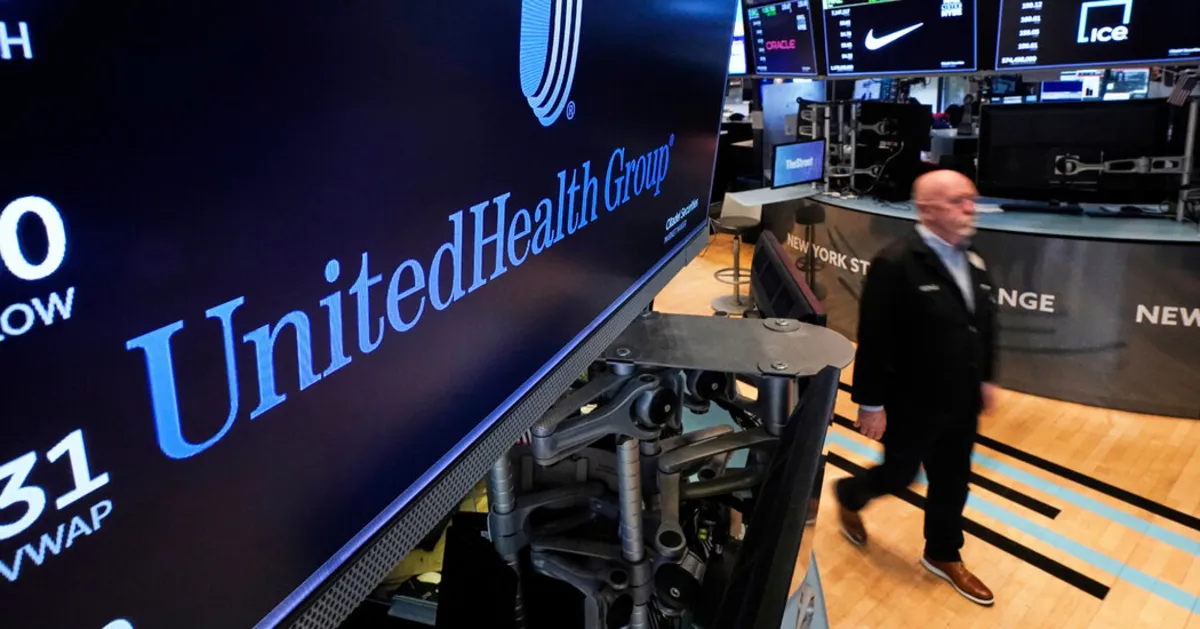
Over the past decade and a half, UnitedHealth Group has ascended to become a powerhouse in the health care sector, achieving one of the highest stock market valuations in the United States. However, in the last two years, this health care colossus has faced a series of significant challenges that have tested its resilience and reputation.
UnitedHealth has been beleaguered by a multitude of misfortunes, including a catastrophic cyberattack that compromised sensitive data, federal investigations, and even a criminal inquiry into one of its critical business segments. The company also grappled with the tragic killing of a top executive, contributing to a growing public relations crisis. These issues have culminated in disappointing profits and a significant decline in its stock price, raising alarms among investors and stakeholders.
In May, as confidence among investors and the general public dwindled, the company's chief executive, Andrew Witty, made the decision to step down. In a surprising move, UnitedHealth Group called back its former CEO, Stephen Hemsley, to navigate the company through these turbulent waters. At 73, Hemsley has agreed to return for a minimum of three years, backed by a lucrative package of $60 million in stock options.
Hemsley plans to implement the same strategic vision that he leveraged during his previous tenure in 2017. With UnitedHealth generating $400 billion in revenue, he believes that the company's size and scale can facilitate steady profits across its extensive portfolio of businesses, including the largest health insurer in the nation. He has committed to conducting a thorough review of the company's operations, with the intent to present the latest financial results on Tuesday.
One of Hemsley's primary challenges will be to reassure investors by providing clarity regarding UnitedHealth's profits and outlining measures taken to enhance financial performance. Nevertheless, the long-term prospects for repairing its tarnished image remain uncertain, as regulatory bodies have shown reluctance to permit the conglomerate to pursue major acquisitions due to its already massive size.
The American public harbors deep skepticism regarding UnitedHealth's ability to deliver improved and cost-effective care, fearing that the company prioritizes profits over patient well-being. As healthcare delivery evolves, transitioning from hospitals to doctors' offices and increasingly to home-based care, experts like James C. Robinson, a health policy and management professor at the University of California, Berkeley, note that UnitedHealth is simply adapting to these changes while seeking to integrate and coordinate services for profit.
In conclusion, while UnitedHealth Group has the potential to leverage its vast resources to navigate through these turbulent times, significant hurdles remain. The company must not only restore investor confidence but also address public skepticism to secure a brighter future in the ever-evolving landscape of health care.